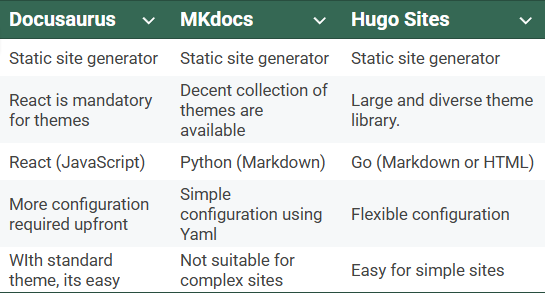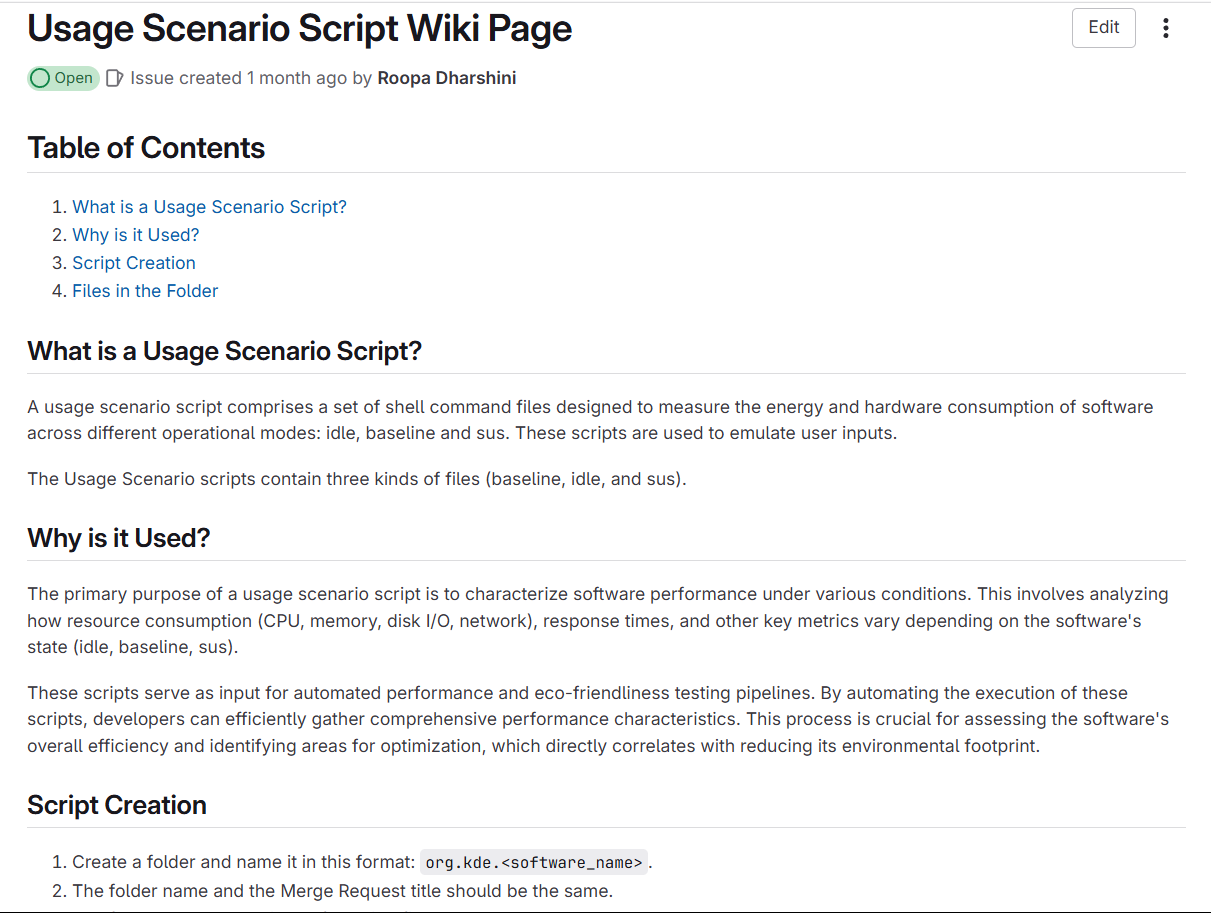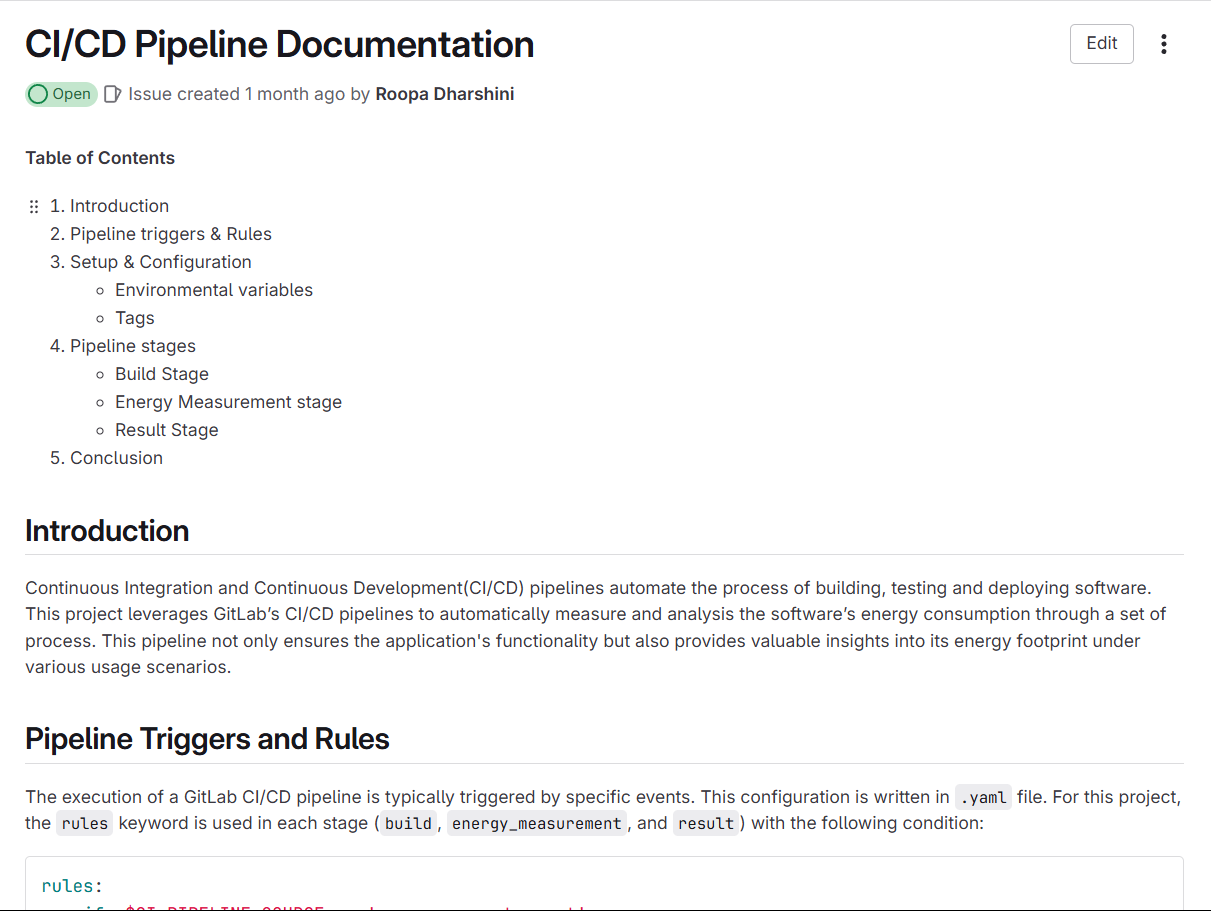Preparing KEcoLab Technical Documentation in Season of KDE ‘25
Hey everyone!!
Welcome to my blog post. I am Roopa Dharshini, a mentee in Season of KDE 2025 for the KEcoLab project. In this blog, I will explain my work in the SoK mentorship program.
Getting Started With SoK
For my proposal I crafted a detailed timeline for each week. With this detailed plan and with the help of my wonderful fellow contributors and mentors, I was able to complete all the work before the end of the mentorship program.

I started by first week working to understanding the project's codebase, studying KECoLab's handbook and existing documentation, setting up a GitLab wiki in the forked repository, and discussing the GitLab wiki's Merge Request (MR) feature. I explored and discussed various technical documentation tools with the mentors. Initially, we had planned to continue with GitLab, but later due to the flexibility of KDE's community wiki, we proceeded with that as our preferred documentation tool.

I got to work creating an outline for the entire technical documentation. Usage scenarios scripts are essential for executing the automation pipeline in KEcolab. So, my fellow mentees and I started our documentation process with usage scenario scripting: we drafted a short page describing it's importance, provided some scripts, and detailed their structure. This documentation is structured in a way that even non-technical contributors are able to follow the guidelines and create their own scripts.

After this, I wrote various texts for the technical documentation (CI/CD pipeline, Home Page) of the KEcoLab project. There was a change in the audience for our documentation: initially we focused on the users of KEcoLab, but later we decided to write documentation for both the people who wish to contribute and provide new changes to KEcoLab as well as those who use KEcoLab for their software measurements. This change had us writing in-depth technical documentation for developers who wish to change the code for better efficiency. The CI/CD pipeline is essential for the energy measurement automation in KEcoLab. Writing detailed CI/CD pipeline documentation that explains its use, structure, and job execution was challenging, yet rewarding.
Final Documentation Links
- User Guide documentation for KEcoLab Users
- Usage Scenario Script documentation
- Accessing result documentation for users
- CI/CD pipeline documentation for contributors
- Contribution guidelines
How did I apply to Season of KDE?

Season of KDE is a mentorship program that happens every year between January and March. It is a three-month mentorship where mentees will be guided through a project they propose. You start by writing a proposal and timeline to work on from the projects listed on the KDE Ideas page. You tag the mentors in the issue, and they will review your proposal and check whether you are suitable or not. You can checkout my proposal for the KEcoLab project. After review, mentors will hopefully mark your proposal as accepted. And that’s how I got into it!
Challenges I faced
Applying to SoK was not easy for me. I ran into my first challenge when I tried to create a new KDE Invent account. I thought there were some technical issues with the website, so I tried every day to create an account (you are limited to one account creation chance per 24-hour period). After a long wait, I reached out to SoK admin Johnny for help, and he assisted me in creating an account. I was really scared to submit my proposal because there was only one week before the submission deadline, but I trusted my skills and submitted it. So, keep in mind that “it is never too late to apply."
The second challenge was team collaboration. Similar to me, there were 2 other contributors selected for this project. I was brand new to KDE. At first it was hard to communicate with my other contributors, but later on we started to work really well together. Those are the main challenges I faced during my contributions to SoK. Challenges are never an end point; they are a stepping stone to move further.
Thank You Note!
Challenges make the journey worthwhile. Without any challenges, I wouldn’t have known the perks of contributing to KDE in SoK. I take a moment here to thank my wonderful mentors Kieryn, Aakarsh, Karanjot, and Joseph for guiding me throughout this journey. Also, I want to thank my fellow contributors to the project Shubhanshu and Utkarsh for collaborating with me to achieve what we proposed successfully. Finally, I am thankful to the KDE e.V. and the KDE community for supporting us new contributors to the amazing KDE project.
KEcoLab is hosted on Invent. Are you interested in contributing? You can join the Matrix channels Measurement Lab Development and KDE Eco and introduce yourself.
Thank you!